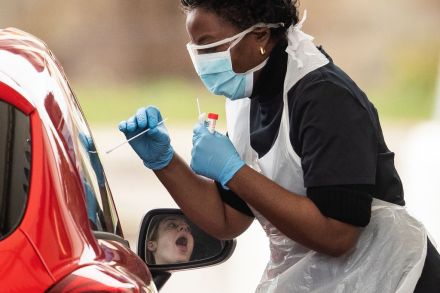Why Covid cases in England aren’t actually rising
The government has restricted the movements of millions of people in England because Covid is apparently on the rise. But what happens when you start digging into the data? I have used two datasets to piece together the number of tests, cases and results for Pillar 1 tests (which are done in healthcare settings) and






